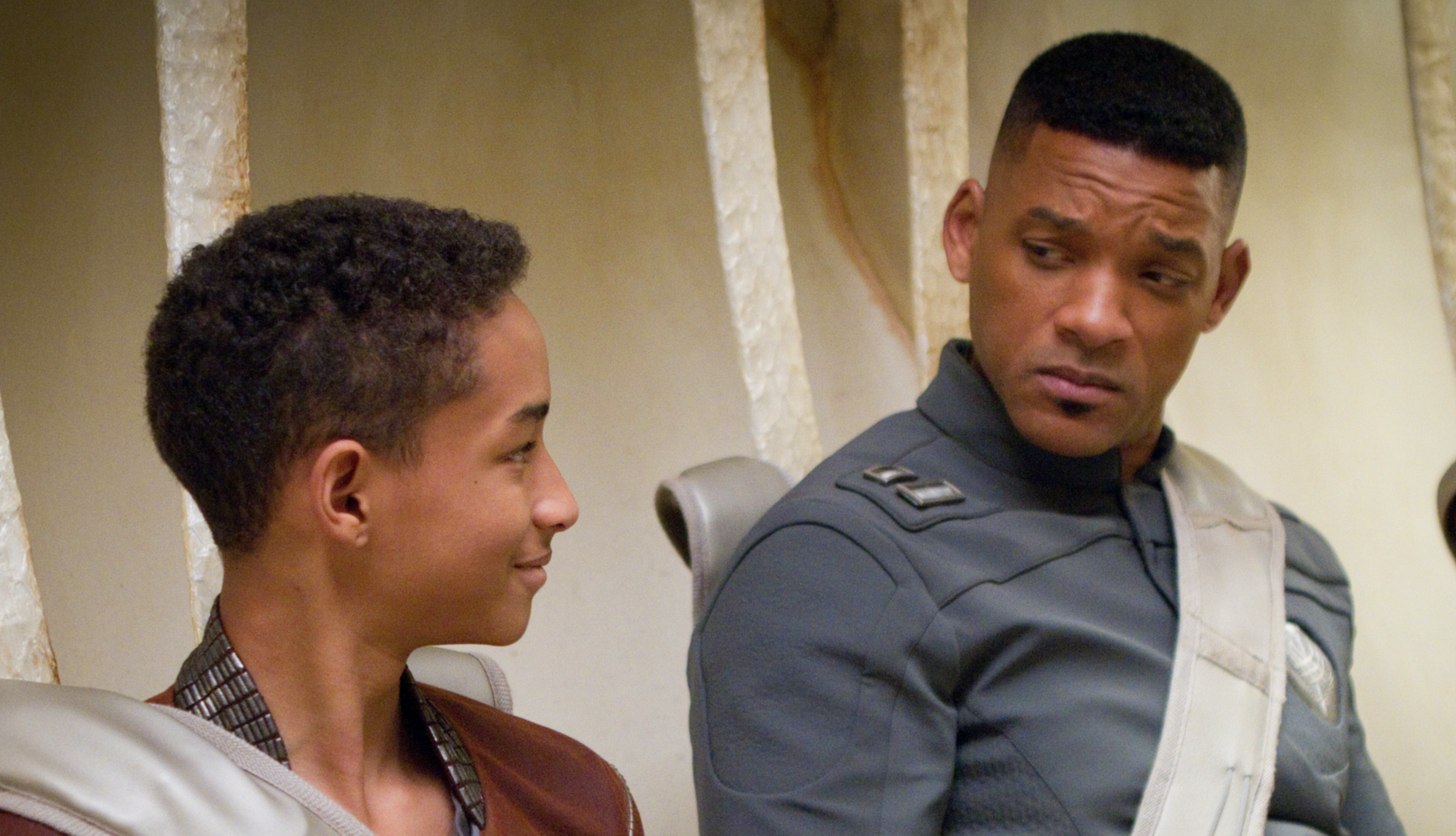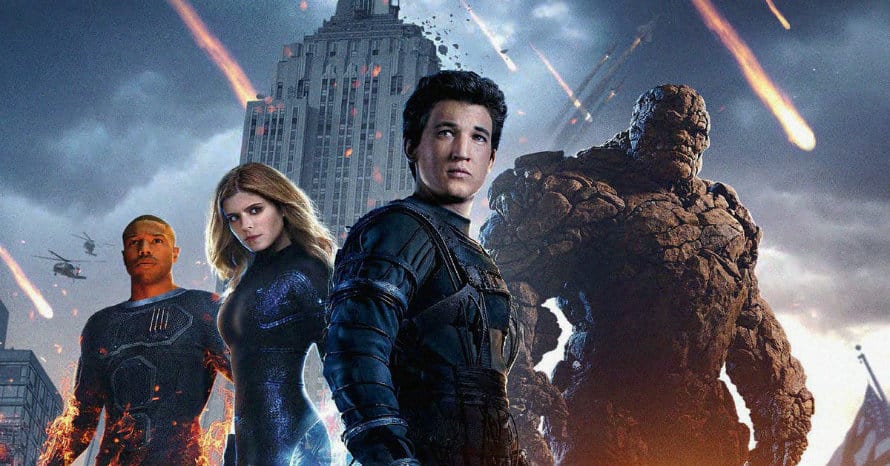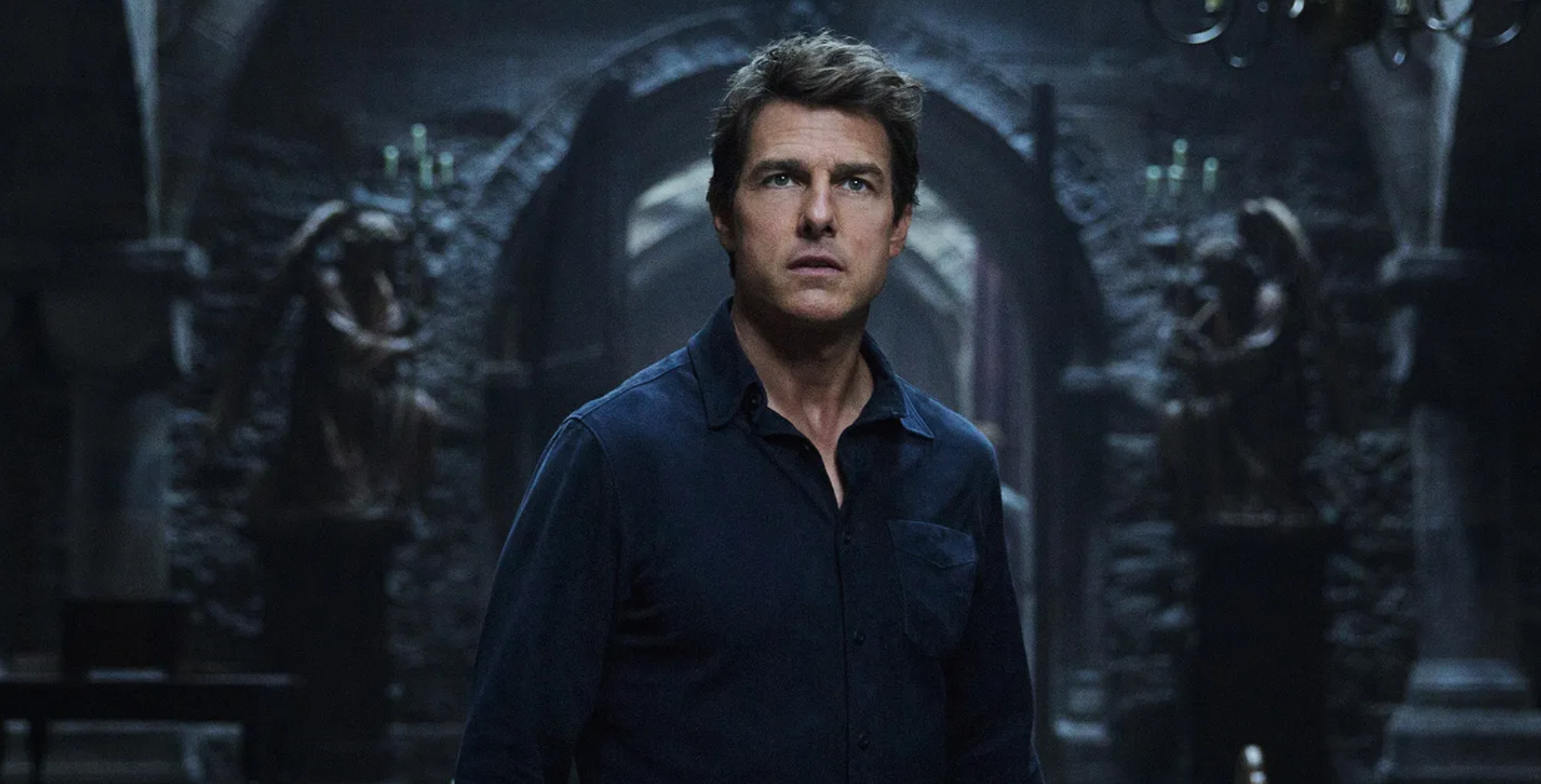Oscar Wilde once said that “imitation is the sincerest form of flattery that mediocrity can pay to greatness.” Wilde’s words would be borne out as Hollywood chased the success of Marvel Studios at the expense of originality.
After the record-breaking success of the interconnected Marvel Cinematic Universe, studio executives across Los Angeles sought to recreate Marvel Studios’ secret sauce. After all, the insatiable audience appetite for Marvel’s intricate storytelling could translate into a windfall for any movie studio that could match their formula. This drove studios deep into their archives and pocketbooks in search of intellectual property that could be turned into a big blockbuster movie.
In their quest to match Marvel and bring people into movie theaters en masse, the studios unwittingly unleashed a competitor that sought the exact opposite result.
Netflix’s rise as a television and movie giant was accelerated by Marvel’s success and the futile quest of the rest of Hollywood to play catch-up. Through the failures of rival studios attempts to match the MCU with their own movie star-created interconnected stories, Netflix capitalizing on Hollywood’s big blockbuster or bust mentality to create a foothold in the movie business, and Marvel succumbing to the temptation of streaming cash with Disney+, The Avengers set in motion the end of the movie industry as the dominant cultural entity in entertainment.
The ability of Marvel Studios to create compelling and engrossing stories helped the brand grow into a global behemoth, which other studios unsuccessfully attempted to replicate. TV critic Ana Dumaraog persuasively argues that Marvel’s interconnected stories are a key to Marvel’s “popularity… as it allows viewers to get deeply invested in the characters as they go through their individual and collective journeys.”((https://screenrant.com/kevin-feige-mcu-plans-changed-different/))
The magic of Marvel, in other words, is making their audience care about what happens to their heroes. Film watchers will only become invested in their heroes’ respective journeys, however, if the quality of the story is strong. Hollywood studios missed this crucial point and sought quick cash through rushed shared universe films at the expense of long-term planning.
When the objective of a studio is to create multiple movies in rapid succession that culminate in a larger team-up, any mistakes along the way can cause millions of dollars to turn to dust quicker than when Thanos snapped away your favorite hero.
Sony, Fox, and Universal studios’ attempts to copy the success of The MCU using Will Smith, Miles Teller, and Tom Cruise, respectively, highlighted the creative and financial impotence of the studio’s Marvel imitations.
Upon seeing the success of Marvel’s shared universe, Will Smith sought to create his own version of the MCU with the film After Earth. Author Ben Fritz in his book The Big Picture: The Fight for the Future of Movies, details the fanatical lengths that Smith traveled in order to make his shared universe a multi-faceted success.
Smith commissioned a writing team to create a “294-page bible detailing a thousand years” of his universe’s history.((https://screenrant.com/will-smith-after-earth-shared-universe-plan-marvel/)) Smith was so confident in his idea that “the celebrated actor didn’t just approach Sony with the pitch for a single film; he detailed plans for a sequel, a live-action TV show, an animated series, webisodes, mobisodes, a video game, consumer products, theme-park attractions, documentaries, comics, an educational program in partnership with NASA, merchandise such as cologne and perfume, and even an AE branded social network.”((https://screenrant.com/will-smith-after-earth-shared-universe-plan-marvel/))
While consumers will never know what After Earth cologne and perfume would have smelled like, audiences around the country in the summer of 2013 smelled a bomb and reacted accordingly. Roundly slapped down by audiences and critics, After Earth, which also starred Smith’s son Jaden, crashed to earth and lost Sony nearly 30 million dollars.
This was Smith’s worst domestic blockbuster performance ever, making After Earth his box office (Chris) rock bottom.((https://www.the-numbers.com/person/770401-Will-Smith#tab=acting)) After Earth’s failure would soon be replicated by another team from outside earth.
Miles Teller’s Fantastic Four reboot not only shattered Fox’s plan for a shared X-Men universe, but also their bottom line. With two popular Marvel products not connected to the MCU, Fox sought to build towards an eventual X-Men vs. Fantastic Four showdown.((https://www.indiewire.com/2013/08/mark-millar-says-fantastic-four-x-men-will-share-the-same-universe-without-question-94702/))
In order to accomplish this goal, Fox greenlit the Fantastic Four for a standalone movie. Miles Teller was tapped to star in the film and the movie was scheduled for a 2015 release.
Unfortunately for Teller and Fox, the best f word to describe the film was failure. The film scored an unimaginably low single-digit Rotten Tomatoes average.((https://www.rottentomatoes.com/m/fantastic_four_2015)) The masses agreed with the critics and the film grossed a measly 56 million at the domestic box office.((https://www.boxofficemojo.com/release/rl3864036865/))
Fox executives were doubtlessly uttering another f word after bean counters found that the movie lost the studio nearly 60 million dollars.((https://bombreport.com/yearly-breakdowns/2015-2/fantastic-four/#:~:text=Rupert%20Murdoch%20announced%20to%20FOX,a%20loss%20near%20%2460M)) Once again, a studio spectacularly crashed and burned when attempting to mimic Marvel.
Speaking of crashing and burning, Miles Teller’s pilot instructor in Top Gun: Maverick had his own struggles trying to get his shared universe airborne. Universal’s attempted Dark Universe starring Tom Cruise only served to scare company accountants. As studio after studio sought to enter the shared universe space, Universal dusted off some of their iconic monster intellectual property.
According to Director Alex Kurtzman, the planned movies in addition to The Mummy were “Frankenstein, Bride of Frankenstein, Dracula, Creature from the Black Lagoon, Phantom of the Opera, Hunchback of Notre Dame [and] Invisible Man.”((https://geeksofdoom.com/2017/06/06/mummy-director-universal-dark-universe)) The respective characters would then join together in a super-sized monster-mash.
Those plans were quickly scrapped when Cruise’s The Mummy lived up to its title and was dead on arrival at the 2017 summer box office. The film earned a ghastly 16% on Rotten Tomatoes((https://www.rottentomatoes.com/m/the_mummy_2017)) and grossed a morbid 80 million dollars against a 125-million-dollar budget.((https://www.boxofficemojo.com/release/rl3563423233/)) Studio executives could not bury the “Dark Universe” quickly enough after The Mummy lost the studio 95 million dollars.((https://deadline.com/2017/06/the-mummy-tom-cruise-box-office-bomb-loss-1202114482/))
Time after time, studios invested big money to compete with Marvel only to be foiled by a poor finished product. Waiting patiently to strike from the sidelines, a new competitor would enter the market with the goal to destroy the movie industry.
Netflix capitalized on studios’ obsession with intellectual property allowing the streaming titan to purchase mid-budget and star-driven vehicles keeping people at home and away from theaters. As big-budget blockbusters became commonplace, studios struggled to make their business model work. Without unlimited finances, executives had to decide how to allocate their resources.
The model trended towards large-budget spectacles and micro-budget horror movies. This left a void in mid-budget films and star-driven vehicles that often dominated both the Oscars and the water cooler discussion of middle-aged movie fans. Netflix, in much the same way that they disrupted the television industry, attempted to aggressively gain a place in film production by making rich actors and actresses even richer.
Lined with big bucks and even bigger ambition, Netflix began buying in bulk the movies that Hollywood had thrown into the scrap heap. Ironically, Hollywood’s Marvel obsession led them to calamitously use their leading men and women to launch their lame knock-offs which diluted the box office appeal of their stars. Netflix took the diminished stars and signed them to massive deals to give credibility to their movie endeavors.((https://www.fastcompany.com/90406315/netflix-plans-to-lure-actors-and-directors-by-paying-them-more-when-their-movies-are-a-hit))
Stars such as Will Smith, Miles Teller, Adam Sandler, and Jennifer Lawrence may have lost the ability to consistently get audiences to pony up at the theaters, but home viewers were happy to sit at their laptops and watch their former favorites for the mere price of a monthly subscription.
This created the perception that high-quality movies could be watched from the comforts of home. While the biggest movies were still watched on the big screen, everything else that studios offered could be skipped or streamed later. Netflix had moved the seat of entertainment from the theater to the home. “Netflix and chill” had quickly replaced “dinner and a movie” for many former theatergoers.
The global pandemic solidified this change, but the destruction of movies came down to the faithful decision of major studios to chase Marvel’s model. Netflix was the beneficiary of that monumental mistake. Sadly, even Marvel succumbed to the streaming siren call.
Marvel Studios reliance on Disney+ to both stream movies and their TV shows lessened their iron grip on the zeitgeist. During COVID, studios were unable to release movies in theaters. Therefore, original blockbusters made their way to each studio’s respective corporate streaming service. Marvel initially delayed the release of movies rather than showing their movies exclusively on the Disney+ streaming service.((https://www.theverge.com/2020/9/23/21437889/black-widow-delayed-release-date-marvel-cinematic-universe-disney-streaming-mulan))
Once theaters began reopening in bulk, the studio chose to release Black Widow in May of 2021. In an interesting twist, shortly before the film was released, Marvel decided to unveil the film in both theaters and on streaming simultaneously.
Unsurprisingly, the gross for the film was substantially deflated and led to Scarlet Johansson suing Disney, the corporate owners of Marvel Studios, for breach of contract.((https://www.nbcnews.com/pop-culture/pop-culture-news/scarlett-johansson-sues-disney-claims-black-widow-streaming-cut-box-n1275420)) Although the case was ultimately settled, the event illustrated that even Marvel was willing to sacrifice the movie theater experience for the ability to promote Disney+. When even the unquestioned alpha of the industry eschews a full theatrical release, the movie industry is in trouble.
This trend continued when Marvel began using Disney+ TV shows as part of the MCU, further diluting the product and hurting theatrical windows. Shows like WandaVision, The Falcon and The Winter Soldier, Hawkeye, and Loki all took established Avengers characters and put them on computer screens across America. The vaunted continuity of the MCU now depended not on a ticket to the theater, but on a subscription to Disney’s streaming platform.
The result has been the most uneven and disappointing phase of the Marvel Cinematic Universe in terms of box office gross.((https://www.boxofficemojo.com/franchise/fr541495045/?ref_=bo_frs_table_1)) With so many different storylines to follow, Marvel’s customary meticulousness and planning has been stretched thin. This not only negatively affects Marvel, but the film industry in general.
The failure of studios to use stars to recreate Marvel’s formula, the disruptive presence of Netflix, and Marvel’s own use of streaming as a source of revenue have put the movie industry on life support. While movies like Spider-Man: No Way Home and Top Gun: Maverick have bolstered theaters, there is now serious doubt about whether theaters will ever regain their place as a ubiquitous cultural meeting place.
Marvel’s unrivaled box office success from 2008’s Iron Man to 2019’s Avengers: Endgame was unparalleled in the history of film. Hit after well-reviewed hit helped fill the coffers of both theater owners and studio executives.
Eventually, that success set in motion an inconceivable chain of events that culminated in an industry in ruin. Much like The Avengers, if the industry is to make a recovery, Hollywood must dust itself off, consider the lay of the destroyed landscape and begin the fight anew.













